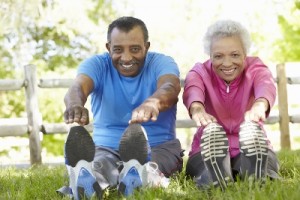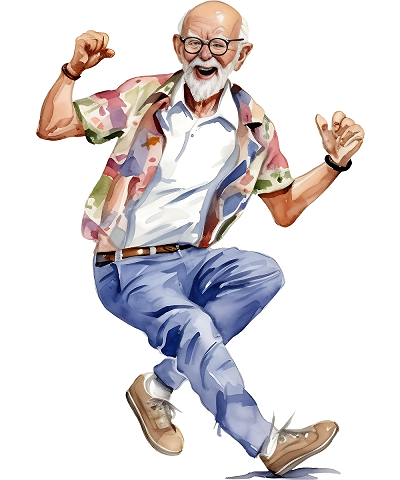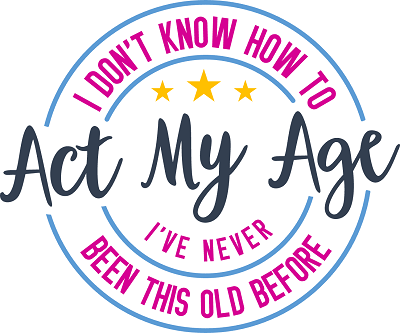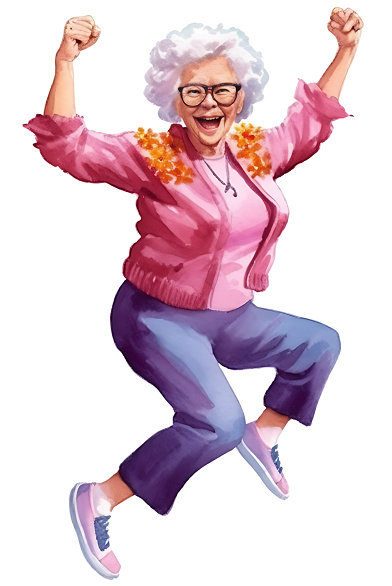 You’ve decided it’s time to do something about the extra weight you’re carrying. Perhaps you’ve joined a gym and have begun seeing results.
You’ve decided it’s time to do something about the extra weight you’re carrying. Perhaps you’ve joined a gym and have begun seeing results.
Before long, however, you’re doubled over in pain – you have a muscle cramp. Learn how to prevent cramping during exercise using the following advice.
Cramps are painful. They are involuntary contractions which occur while exercising or very shortly thereafter. If you’ve ever had one, you know you want to do everything you can to avoid them.
Medical studies have been conducted for years to determine the exact cause of cramps. One older study claimed cramps were caused by a sharp drop in electrolytes. These studies encouraged athletes to consume electrolyte replacing liquids.
More recent studies, however, have found neither the electrolyte imbalance nor dehydration were the causes of cramps. On the other hand, cramping is generally caused by the following criteria, particularly in marathon runners:
- Those having cramps are older
- They had been running longer
- Their body mass index is higher
- They haven’t stretch as long and their stretching habits are irregular
- Others in their family have problems with cramps
Learning how to prevent cramping during exercise is simpler than you might think. One thing you can do is begin every workout session with a proper stretching program. Take your time while you stretch and be sure to stretch every major muscle group. The warmer the muscles are, the less likely they’ll be to cramp.
Think about the movements your chosen sport requires. Try to develop effective skills. In other words, if you’re going to learn a sport, learn how to do it right. While you may be able to get by with a sloppy serve if you’re playing tennis, knowing the proper way to serve will be more effective. The same goes with other sports. Learn to do them well.
Some reports suggest being sure you’ve taken in enough carbohydrates prior to, during and after any physical activity. Ask a trainer or a doctor what would be best for you. You may also consider eating a banana, as some reports suggest part of the cause of cramps may be low potassium levels.
Even though more recent reports say dehydration isn’t a factor in cramping, it’s important to remain hydrated for other reasons. Sports drinks would probably still be better for you than water due to the amount of electrolytes they contain.
If you do get a cramp while you’re exercising, don’t forget to slow down and reduce the intensity of your activity. Stretch the muscle or muscles which have been affected. Try to make the muscles relax. You can also get the muscle to release by applying pressure.
Learning how to prevent cramping during exercise is something everyone can do. Muscle cramps hurt, but fortunately, they are not serious. They will eventually go away if you stretch the muscle. If you are having severe cramps, however, it is important to speak with your doctor.


